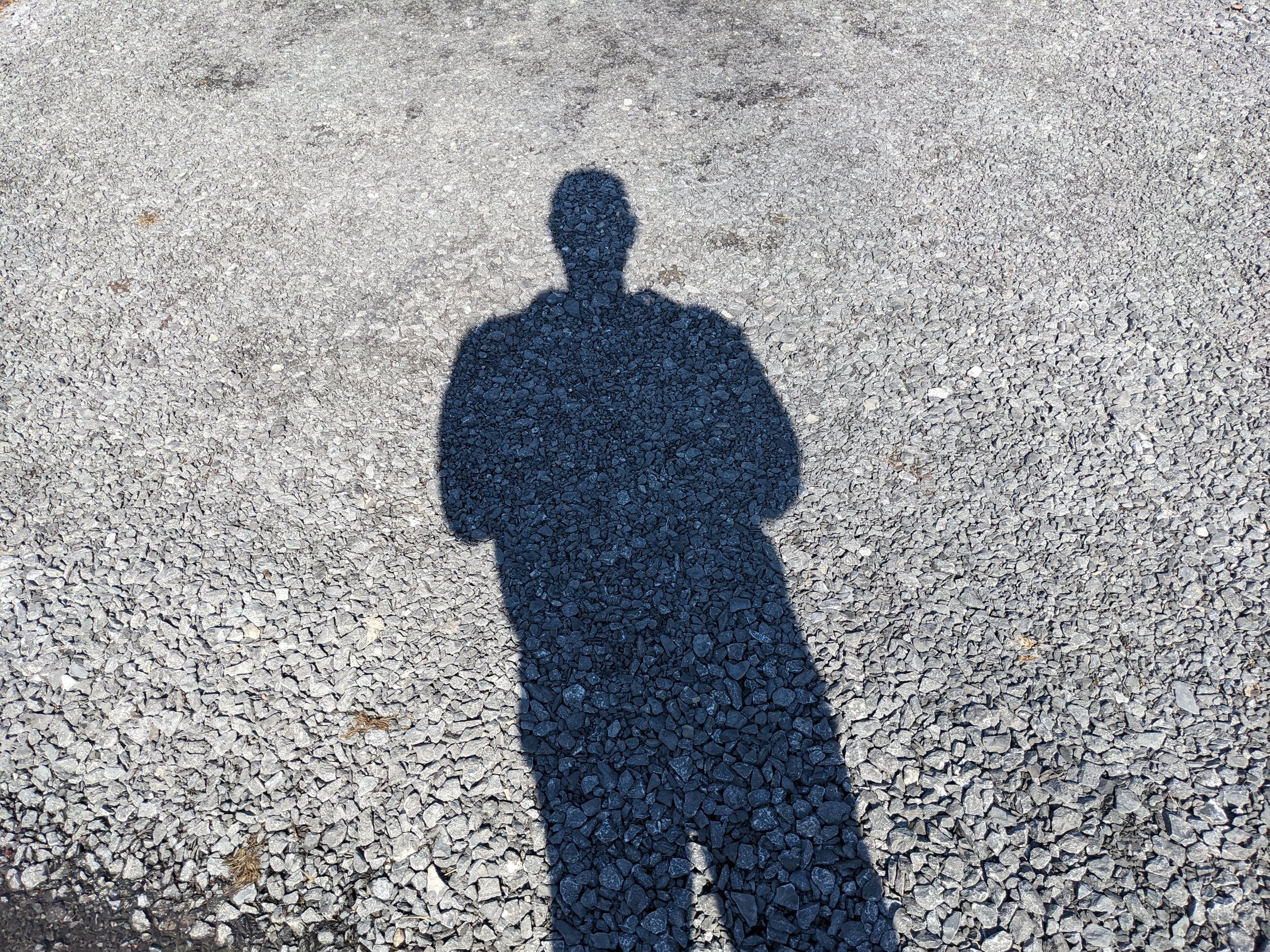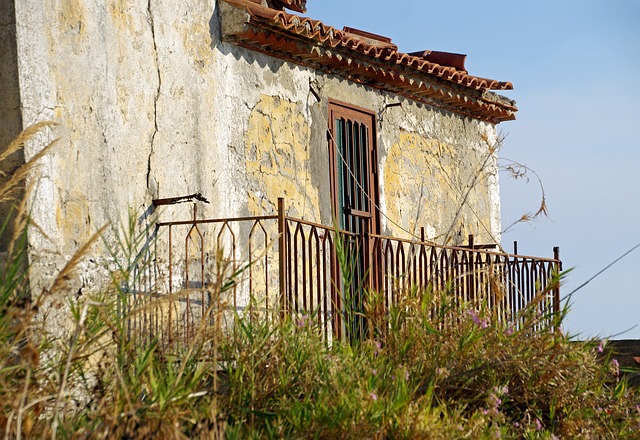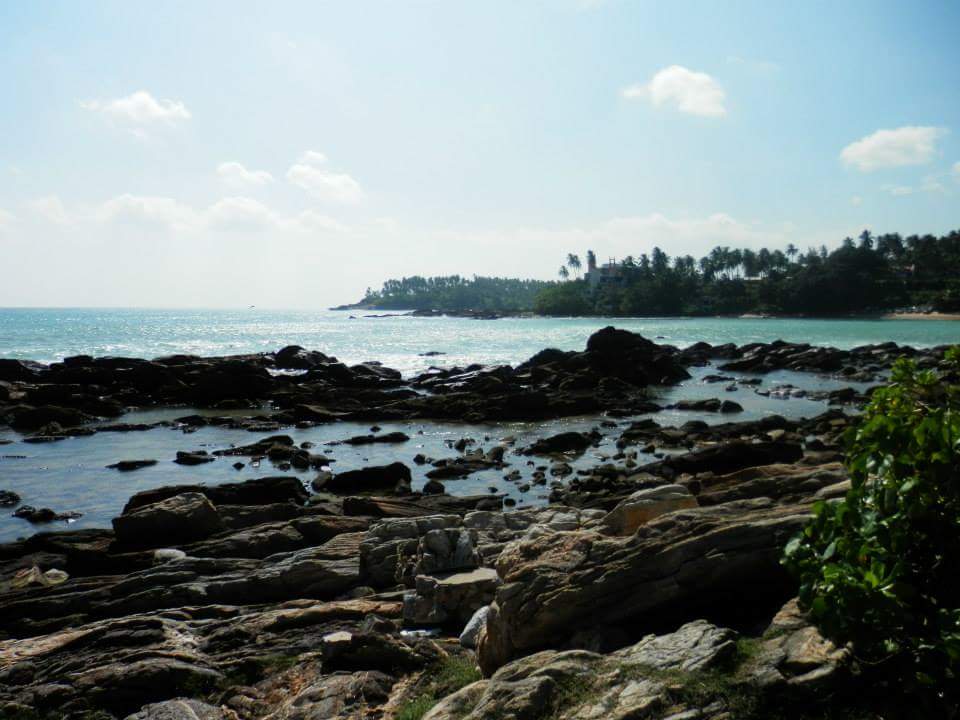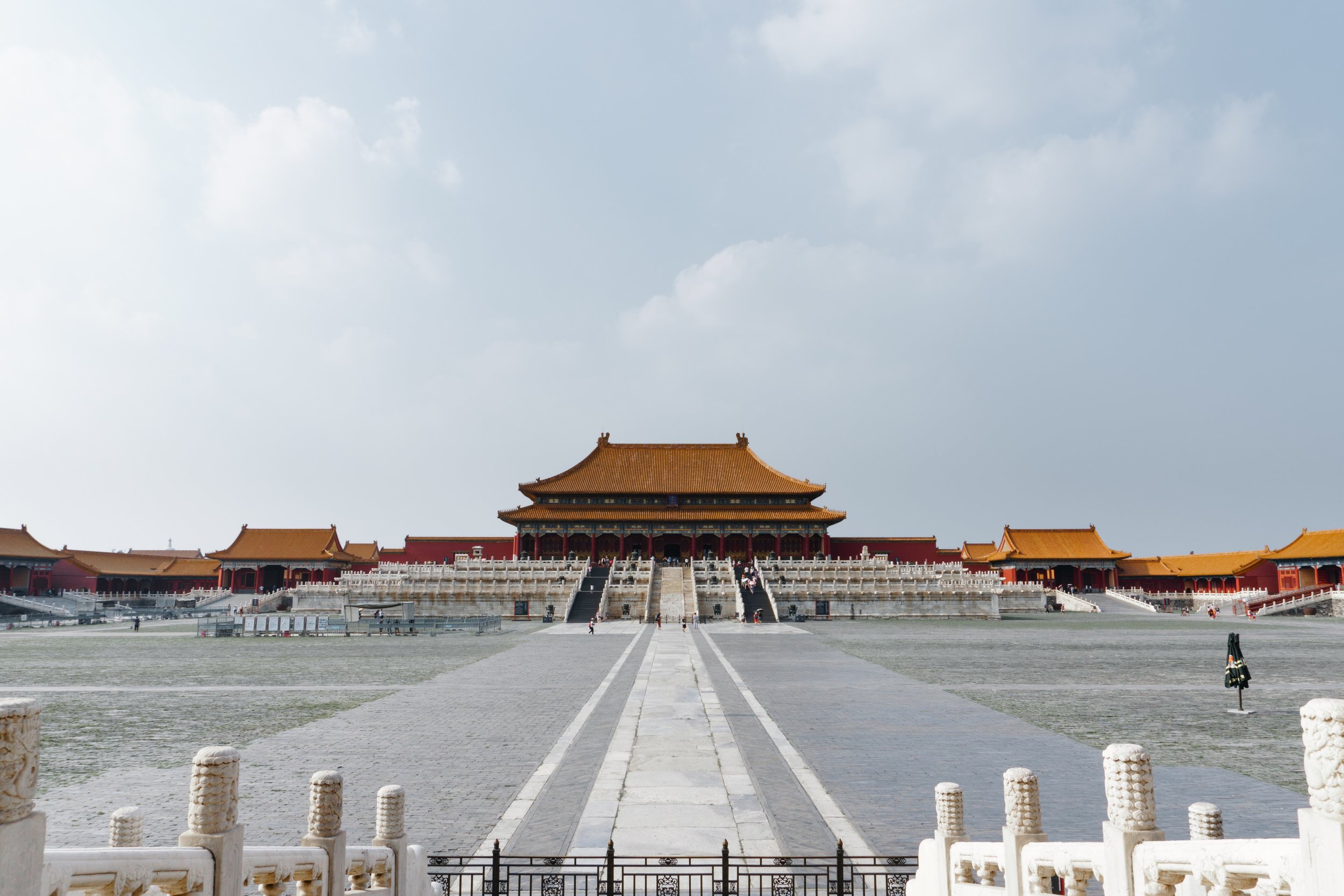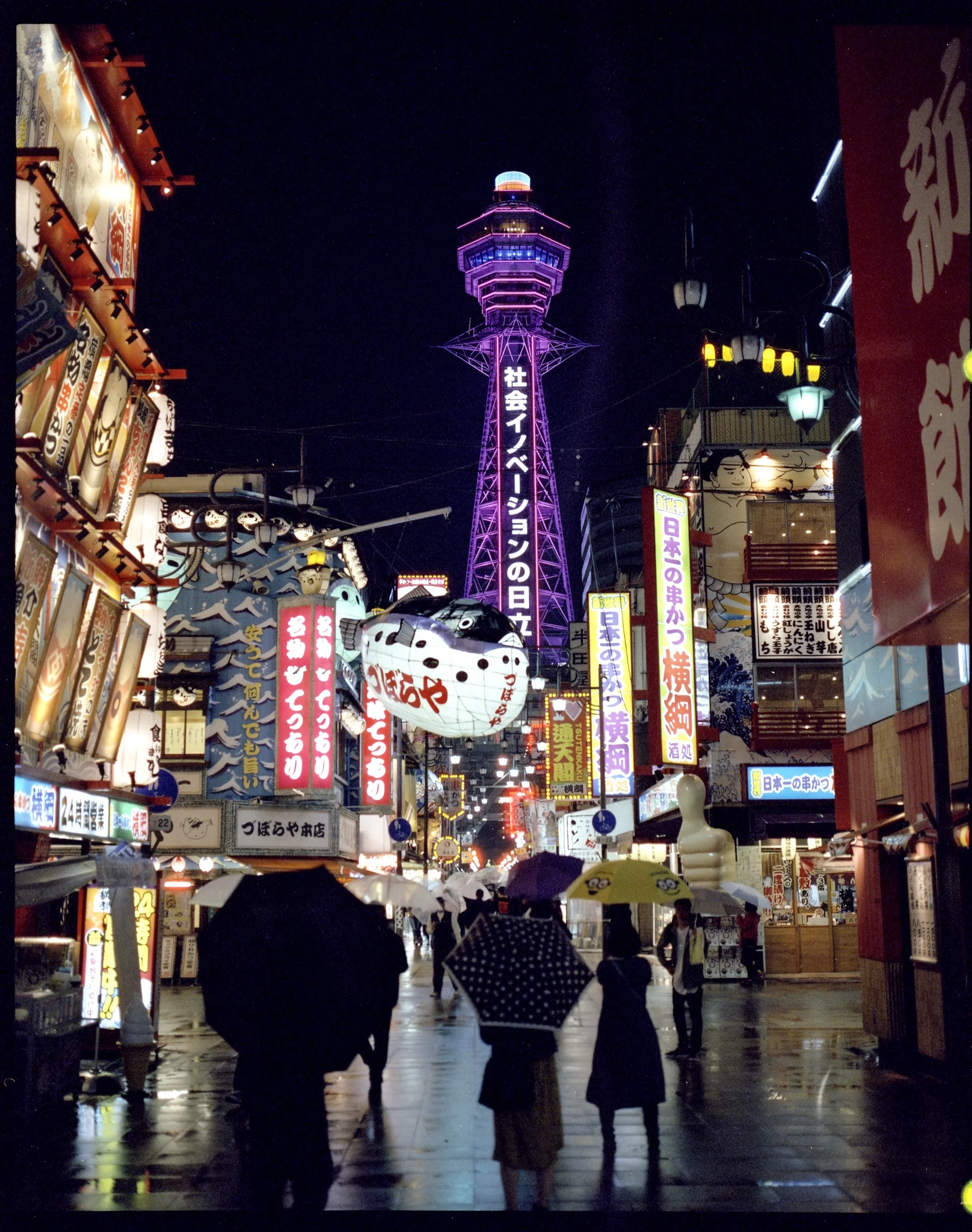Madzona

MADZONA
Fang, phrase.
I say that.
A simple word or phrase, repeated often enough, wields a power beyond its collected fricatives, labials, plosives and glottal stops: Smile. Stand up straight. Look them in the eye. You have a right to be here. We pick up these phrases in random places on our journey—in self-help books, through religion, or from parents, friends or strangers—and repeat them until they’re true, until we are imbued with their force. I found a phrase that helped set me free at the end of a long dirt road, in the Gabonese village where I lived as a Peace Corps volunteer.
The Central African sun always set at 6:30, give or take a couple of minutes, at 1 degree 57.1 seconds north of the equator. The light faded behind the trees, and the thick, cool dry-season mist the villagers jokingly called snow descended on the hills like a soft flurry. The women had returned from the forest clearings where they grew manioc, corn, squash, and peanuts, and were starting fires in smoke-filled, dirt-floored kitchens. The kids, done with school, joined their moms and aunts in the kitchens, while the men gathered in a long, open-walled communal structure in the center of the village. The nightly symphony began.
The news, in French or Fang, blared out of a tinny transistor radio propped up on a bench. Many of the men smoked cheap, filterless cigarettes; the old men puffed marijuana they grew in the forest, in joints rolled in whatever paper they could scavenge: scraps of cement bags, mailing envelopes, old documents or cardboard boxes. The day’s work was done, and the conversation built like the rumble of an approaching rainstorm drumming on the leaves and metal rooftops.
“For a Fang speaker, ‘madzona’ is the tiller of the conversation, as pervasive as ‘If you ask me...’ in English.”
The sound of Fang was unmistakable. To an English speaker, it could sound like a record being played backward, the accents falling in unexpected places, the tones rising or dropping in syncopation, a blend or diphthong drawn out and suddenly broken off like a gooey piece of pounded manioc root. As specks of kerosene lantern light appeared in doorways and windows, the music of conversation crescendoed: The men’s voices were the drums, the women were the xylophones, and the kids the rattles. The leitmotif of this symphony broke through the harmony every few minutes with a staccato demand: madzona!
It’s really three words: I say that... Ma (“I”) dzo (“say”) na (“that”). It means: Listen to me. I’m saying. I declare! It commands attention. It changes the flow of a conversation. For a Fang speaker, madzona is the tiller of the conversation, as pervasive as “If you ask me...” in English. But for me it seemed more like the conch shell in The Lord of the Flies. When you possess that shell, you have the right to speak, and everyone is bound to listen to what you have to say.
The dueling demands for attention start to sound like an argument—even when it’s a conversation about, say, how pretty the stars are tonight. The word so pervades life in northern Gabon that when I adopted a puppy and was pressed to give him a name that people could easily pronounce, I announced he would be called Madzona. “You can’t name your dog that,” the men of the village counseled. “You should call him Max, or Rocky.” But I ignored their advice, and his name was a hit. When I called him, heads perked up to see what I had to declare—usually it was just “C’mere!” I’m surprised nobody in the village named a dog C’mere as payback to my linguistic usurpation.
When I was speaking Fang, I rarely used the word madzona in conversation. Its implicit demand for attention felt aggressive, even though Fang speakers didn’t always mean it that way. The expectation that you had a right to be heard, no matter what, seemed audacious, even arrogant. The line between confidence and arrogance, of course, depends on the perspective of the listener, and that staccato spirit of madzona plucked my insecurities. What did I have to say that was important enough to demand that everyone listen?
There was something, but I just didn’t know how to get it out.
*
When I flip through pictures of myself from high school, I see a gangly kid who doesn’t stand up straight, who folds his hands in front of him, who averts his gaze slightly. I was so self-conscious that I didn’t submit a senior photo to the yearbook even though I was its photo editor. I blamed the extortionate prices that photo studios charged and enlisted a friend to take my picture. The resulting photos horrified me, so I decided I would just go without: It would be my statement about superficiality! In the way almost everyone dislikes hearing their voice on tape, I was embarrassed to see my face in pictures. And the more self-conscious I appeared in the picture, the more I found to dislike in it. My madzona moment was still years away.
It turns out that what I didn’t like was who I liked. I first suspected I was gay when I was 13 and all the other boys at school were chasing girls. I played along, but the girls seemed more fun to gossip with than to make out with, and well, didn’t I like playing shirts-and-skins basketball better, anyway? This was late 1988 in small-town Colorado, where my junior high English teacher would openly mock gay men as “the sweet people” and the bullies’ choice insult was “fag.” Those words began to inhabit my own speech, and thoughts, as a way of proving that I was not one of them.
By high school, I began to secretly fall in love with my friends, and I was crushed when they didn’t seem to reciprocate. But I wasn’t able to reveal my feelings. The state had just passed the anti-gay law Amendment 2, and one of my closest friends offhandedly declared he thought killing gay people would end the AIDS crisis. But maybe most of all, I lacked the courage to seize that conch shell and say what was on the tip of my tongue, and in the spirit of madzona, expect that people would listen to me.
“One day at work, he put his hands on my shoulders as a friendly gesture, and I panicked. Words broke free, but they were the wrong ones. In a moment I regret to this day, I told him not to touch me—I wasn’t gay.”
In college, thousands of miles away, I developed a strategy to keep myself safe: I avoided befriending any guy I thought I might develop a crush on. That clever system, it turned out, succeeded only in keeping me from making new friends.
I joined the Peace Corps after graduation and as I waited for my assignment, I took a summer job as a waiter at a local pizzeria. One of my co-workers, an art student, lived in the same apartment building as me, and he and I bonded in our training classes. We would hang out and play catch in the park after work and drink in the warm summer evenings. One afternoon, during an especially boring training session, he sketched my face in the margin of a handout describing the restaurant chain’s premium cocktails. Was he attracted to me too?
I reflexively resorted to my old strategy: Avoid any guy you might have a crush on. At the pizzeria, I kept my distance. One day at work, he put his hands on my shoulders as a friendly gesture, and I panicked. Words broke free, but they were the wrong ones. In a moment I regret to this day, I told him not to touch me—I wasn’t gay. So much heartbreak has shame at its roots.
We finished our shift in silence, and I walked the humid summer streets alone for hours in my confusion. Something had broken. I lay on a granite bench until 3 a.m. trying to figure out how to demolish the defenses I had fortified for so many years, how to make the right words emerge. That night was the first step toward my madzona moment.
The next night, I told my best friend everything in a conversation that stretched into the early morning. I felt so free I could have blasted off to the moon. You can’t undo a network of defenses all at once, but I had breached the first wall. A couple of months later, I would board a plane to Gabon. I still had a long journey, but from that moment on, I decided, I would accept the conch shell and begin to let the words out.
The village, with its wooden huts, banana groves, and corrugated-metal Catholic church smack in the center, was not the ideal place to come out, and I admit that I had to keep my private life mostly quiet. But at the same time, the people there were constantly teaching me a lesson about speaking up and inhabiting your whole self. Every time I heard the word madzona, I grew a little bolder, a little more confident. I gradually came out to my fellow volunteers, although doing so in the conservative environment of the village might have posed a risk to my safety. Of course, I wasn’t positive that coming out could bring me harm; I just didn’t want to tempt fate in such a vulnerable position. I like to think that after a few years, when villagers asked me about my “wife,” it was with a nudge and wink.
It has been more than 20 years since I embarked on that journey. Same-sex marriage is legal. HIV can be prevented with a pill. My partner can be on my health insurance. I am a New Yorker now. The summer haze hangs over the skyscrapers 40 degrees north of, and a million mental miles away from, the sounds of a village in Gabon. Madzona, the dog I brought back to America 18 years ago, is long gone, but the spirit of madzona, the phrase, continues to reverberate, pushing me to speak my truth and trust that someone will listen.
ABOUT THE AUTHOR
Danial Adkison is an editor at The New York Times and a former copy chief of Time and The Village Voice. When he is not writing headlines, a.k.a., “six-word poems about the news,” he is working on a memoir about his Peace Corps service. His essays have appeared in The Times, The Voice, Reader’s Digest and Americans Do Their Business Abroad. Find him on Instagram at @dcadkison.
Header photo by birdsofeden.co.za



